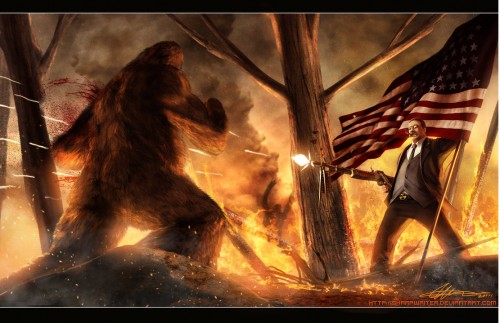
A Clear and Present Danger
That was expected, and still it’s come very fast. Way too fast. Less than a week after the last American soldier left Iraq, the terror has returned to Baghdad with great force, and with it a fear of renewed civil war. Like in the past, car bombs that went off yesterday throughout the Iraqi capital, some of them driven by shahid kamikazes, carried the unmistakable footprint of al-Qaida: precise coordination in time, widespread deployment, scrupulous implementation and emphasis on hitting areas populated mostly by Shiite residents.
Masterminds of these terrorist attacks sought to send one message to the former American president, George W. Bush, who nine years ago invaded Iraq in order to root out the terror, by saying: The terror is still here and has not passed from the world. Another mocking message to Bush’s successor, Barack Obama, who only a week ago promised that he leaves behind a stable Iraq that is able to take care of its security: What stable Iraq? Where’s the security? The Americans are gone and Iraq is bleeding again. The Iraqi army and security forces, after many billions have been invested in their training, failed the first test they took. An inauspicious sign.
The problem is not merely a security question. Grand-scale terrorist attacks in Baghdad are as well largely the result of growing tension in Iraq between the Shia majority and Sunni minority, and of what is starting to look like a rapid collapse of the fabric of national unity between all the ethnic groups that the Americans toiled to weave together with great labor.
The tensions that delayed for long months the establishment of the government in Iraq headed by Shiite Nouri al-Maliki broke out in all their ugliness with the American pullout: The Shiite Prime Minister issued an arrest warrant against Sunni vice president Tariq al-Hashemi, on charges of carrying out terrorist acts against Iraqi officials five years ago. The vice president, who is also the most senior Sunni personality in Iraq, fled to Iraqi Kurdistan and received there the protection of the president of Iraq, who is not willing to extradite him.
The prime minister insists on extradition of the vice president and plays dumb that this is not about a political or sectarian matter but strictly a criminal issue. However, at the same time, he’s also operating for the removal of another Sunni politician, Saleh al-Mutlak, who serves as a deputy prime minister, something that casts a heavy shadow on his real intentions.
The security and political arena in Iraq is boiling. The prime minister is threatening to dismantle the unity government and set up under it a Shiite-majority government that would exclude the Sunni statesmen. The Sunni minority is likely to feel threatened again. The danger of sliding into civil war is becoming tangible and clear.
Observing what’s currently happening in Iraq, after the American drawdown, may boost Bashar Assad’s determination to increase the oppression and the slaughter of his citizens to save his flock, the minority Alawite community, from the similar fate of that of the Sunni minority in Iraq, when the majority in Syria comes to power. And what is taking place in Iraq will as well open up Iran’s appetite to meddle in the affairs of Iraq, its neighbor that turned after the withdrawal of the American troops into a pretty much convenient and accessible scene for the subversive activities of Tehran. It stands to reason that the goings-on in Iraq will very soon decide the political debate within the United States. President Obama’s proponents will praise him for hurrying up to make it out of the morass. The Republicans will say: Barack Obama ran away.
The author is a commentator for Arab affairs for Israeli Channel 1.
